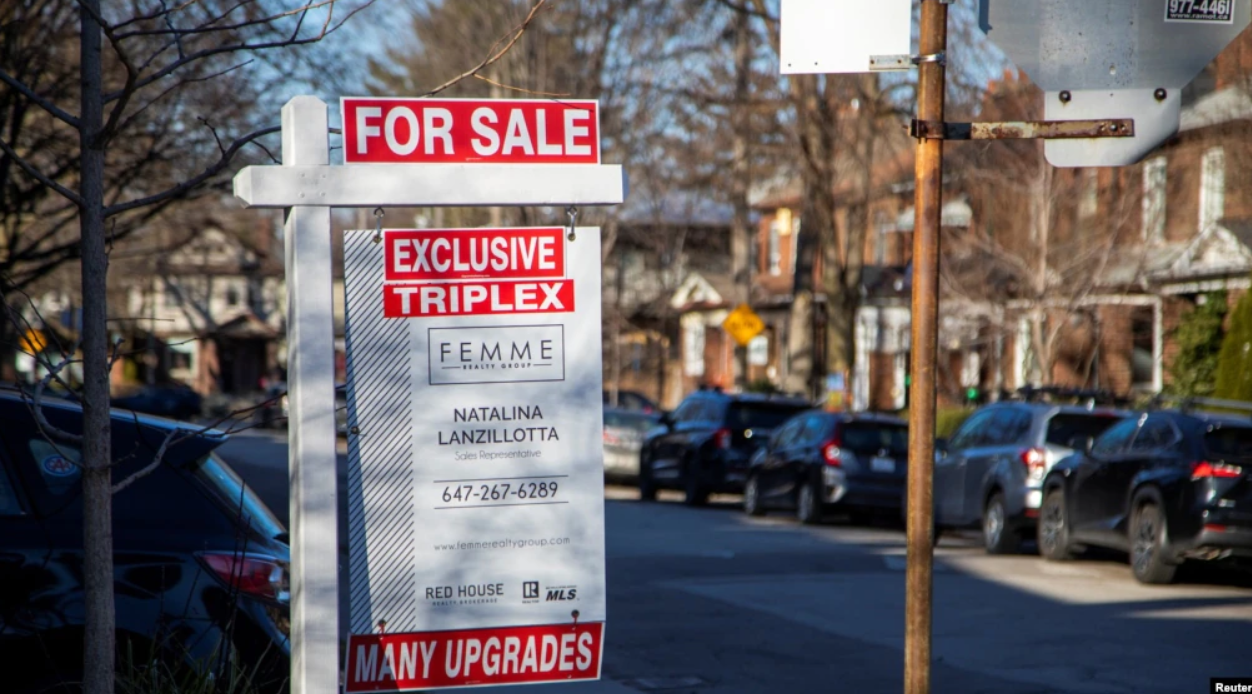VANCOUVER, CANADA: With the dawn of 2023, the Canadian foreign buyers ban went into effect, banning non-Canadians from purchasing property, with several exceptions.
These include landed immigrants, workers on temporary visas, refugees and some international students, on properties valued at less than 500,000 Canadian dollars or in areas with a population of less than 10,000. This would include many resorts and vacation areas.
The government of Prime Minister Justin Trudeau enacted the ban in an effort to curb sky-high home prices, which were averaging almost 633,000 Canadian dollars, or 466,000 U.S. dollars, as of November and running much higher in the major cities.
The British Columbia provincial government had already implemented a foreign buyers tax of 20 percent, which covers major metropolitan areas. The province of Ontario has a similar tax of 25 percent.
Brendon Ogmundson is the chief economist with the British Columbia Real Estate Association. He says that over the past two years, only half a percent of sales has been to foreigner buyers. He says the real issue is a lack of supply.
Although there are no statistical breakdowns on where these foreign buyers come from, Ogmundson says immigration trends indicate they are from Asian countries. He says the blame usually goes toward China.
“If it kind of breaks down the way, like, immigration breaks down in B.C., it’s probably mostly Asian. So, China, Taiwan, Korea, a lot of Indian immigrants, a lot of immigrants from the Philippines,” he said. “That’s probably the major share of foreign investment. But we don’t have very good data on it. So, it’s really hard to say. Certainly, most of the blame goes towards Chinese investors.”
Scott Lissa, a realtor based in Nanaimo on Vancouver Island, has for years worked with foreign real estate buyers. His area includes both populated areas like Nanaimo and more rural vacation areas on the island.
Due to the already high real estate prices, Lissa says his customers from the United States are usually affluent enough to do things legally and comply with any regulations. Many of his international clients are generally not looking for something similar to what they already own, but vacation property.
“And really what we see is if you are a foreigner, you’re generally not going to purchase a property and give up what you have in your home country,” he said. “What you’re going to do is, you’re going to look for an opportunity to return to Canada and go to a property of your own. So, what they’re doing is, they’re purchasing recreational properties which aren’t covered by this ban.
Urban planner Andy Yan of Simon Fraser University in Vancouver says years of high immigration into Canada have already injected a lot of foreign capital into the Canadian real estate market.
“The kind of displacement effect, the kind of inflation that has occurred towards all types of housing, I think that has an incredibly negative effect for all Canadians,” he said. “And so, I think that this is broader. The biggest challenge is to not only deal with foreign ownership, but just to deal with foreign capital.”
Anybody breaking the ban can be fined and may be required to sell the property. Those who knowingly assist can also be fined.
The ban is supposed to expire in 2025.
VOA









Comment